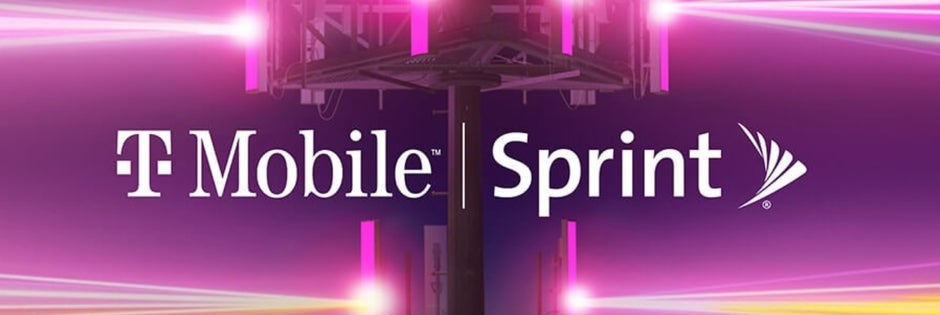“Dishonest” T-Mobile sued by four former Sprint dealers
The T-Mobile-Sprint merger was all about 5G
Sprint owned a large amount of 2.5GHz mid-band spectrum. T-Mobile was smart enough to see that mid-band was the “Goldilocks” of 5G spectrum since it travels farther than high-band airwaves. While it doesn’t deliver download data speeds in the range of 1Gbps, it does offer download speeds in the neighborhood of 300Mbps and covers more people than high-band does.

T-Mobile closed its acquisition of Sprint on April 1st, 2020
NWIDA President Adam Wolf noted that many Sprint locations were right next door to T-Mobile stores which guaranteed that such stores were going to be closed. Wolf said, “How many Sprint stores were next to T-Mobile stores? They were never going to keep both. It makes no economic sense” to keep both stores open. He noted that “Even Starbucks are not next to each other.”
Absolute Wireless, one of the dealers suing T-Mobile, said in its complaint that T-Mobile “forced Absolute Wireless and other dealers out of their existing Sprint contracts, which had years remaining on their terms and which were more favorable than T-Mobile’s contracts.” Solution Center’s suit explains that the firm was originally a Nextel dealer and after Nextel merged with Sprint, the principal owner, Mark Hudson, tapped into his life savings and opened 28 Sprint stores in over four states.
Unfortunately for Hudson and his 200 employee firm, once the T-Mobile-Sprint deal closed, the company went south ringing up $25 million in damages. Maycom, based in Florida, said in its complaint that before it was exposed to “T-Mobile’s predatory conduct,” it worked its way up the ladder over 24 years to become one of the top Sprint dealers in the states.
These suits could be the first four of many more to come
Even while T-Mobile continues to add new customers on a net basis, the number of retail outlets is declining as bigger dealers are buying out smaller ones. Additionally, more and more consumers feel knowledgeable enough to buy their handsets online.
When the merger closed, the number of T-Mobile and Sprint stores was 9,000. Today, that count is less than 7,000. The decline in retail outlets has even had an impact on Metro by T-Mobile stores which numbered over 9,000 at the time of the merger and is now down to less than 8,000.
As for the lawsuits, NWIDA’s Wolf firmly believes that more dealers will be taking legal action against T-Mobile and says that in hindsight these four suits will probably be just the first four of many more to come.
For all the latest Technology News Click Here
For the latest news and updates, follow us on Google News.
